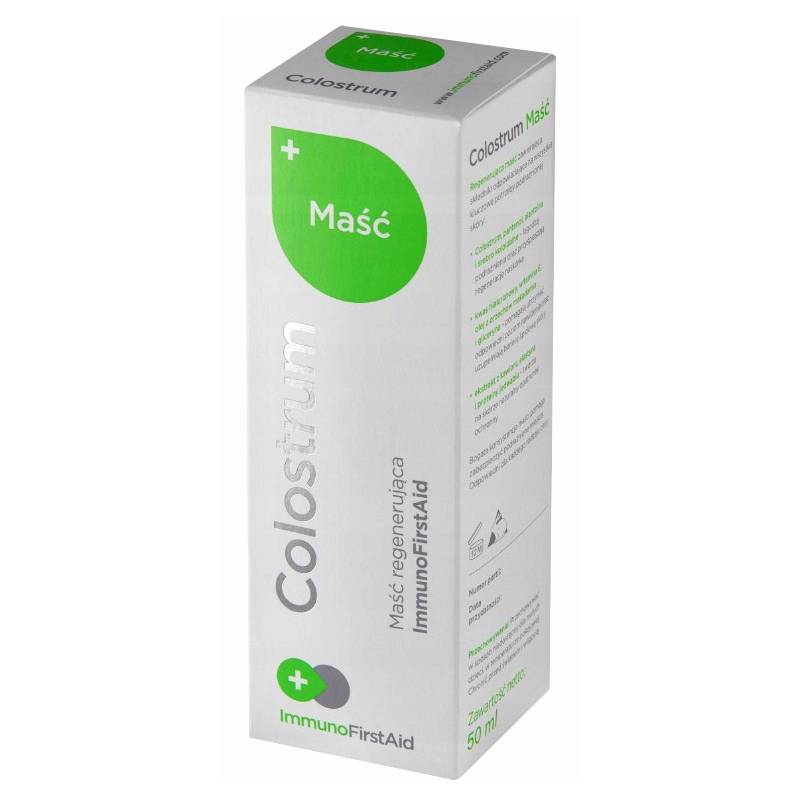Ibuprom Max Rapid 400mg
24 tablets
IBUPROM MAX RAPID is a new drug for acute pain, which contains a new pharmaceutical form of ibuprofen – it is a form of sodium salt.
This has shown that in studies directly comparing 2 tablets containing 256 mg ibuprofen sodium dihydrate with 2 tablets of a medicinal product containing 200 mg ibuprofen (as acid), the maximum drug concentration in plasma was achieved more than 3 times faster with the 256 mg ibuprofen sodium dihydrate product.
This means that a medicinal product containing ibuprofen sodium can act at least 3 times faster than one containing ibuprofen acid.
Action
The drug has an analgesic effect on acute to moderate pain and anti-inflammatory. It also has an antipyretic effect.
Indications
Acute pain of various origins, mild to moderate in intensity:
- headaches, migraine with or without aura (with additional symptoms such as nausea, sensitivity to light or sound); tension headaches; toothache; muscle, joint and bone pain; painful menstruation; neuralgia; pain associated with flu and colds. Fever of various origins (including in the course of flu, colds or other infectious diseases).
Composition
1 coated tablet contains: 400 mg of ibuprofen (Ibuprofenum) in the form of 512 mg of ibuprofen sodium dihydrate (Ibuprofenum natricum dihydricum). Each coated tablet contains 228 mg of lactose monohydrate, 44.74 mg of sodium.
Dosage
Adults, the elderly and children over 12 years of age: one tablet every four hours. No more than three tablets should be taken in a 24-hour period (maximum daily dose 1200 mg in divided doses).
Do not give to children under 12 years of age without medical advice.
Medicinal product for short-term use. If the medicinal product is required for longer than 3 days or the patient’s condition worsens, the patient should contact a doctor.
Contraindications
The medicinal product is contraindicated in patients:
- with hypersensitivity to ibuprofen or any of the excipients of the medicinal product listed in section ,
- who have ever had hypersensitivity reactions (e.g. urticaria, rhinitis, angioedema or bronchial asthma) after taking acetylsalicylic acid or other nonsteroidal anti-inflammatory drugs (NSAIDs),
- with active or history of gastric and/or duodenal ulcer or bleeding (two or more distinct episodes of proven ulceration or bleeding),
- with a history of perforation or bleeding from the gastrointestinal tract related to previous NSAID treatment,
- with severe hepatic failure, severe renal failure or severe heart failure (NYHA class IV),
- in the last trimester of pregnancy,
- with bleeding diathesis.
Comments
Adverse reactions
The list of adverse events below includes those that occurred during treatment with ibuprofen at over-the-counter doses (up to 1200 mg daily) for short periods. Additional adverse events may occur during treatment of chronic diseases.
Adverse events associated with the use of ibuprofen are listed below by system organ class and frequency. Their frequency is defined as follows:
- Very common: ≥1/10
- Common: ≥1/100, <1/10
- Uncommon: ≥1/1000, <1/100
- Rare: ≥1/10,000, <1/1000
- Very rare: < 1/10,000
Frequency unknown (cannot be estimated based on available data).
Within each frequency grouping, adverse reactions are presented in order of decreasing seriousness.
The most frequently observed adverse events concern the gastrointestinal tract. Adverse events are usually dose-dependent; in particular, the risk of gastrointestinal bleeding is dependent on the dose range and duration of treatment.
Side effects are less common when using the maximum daily dose of 1200 mg.
Clinical studies and epidemiological data suggest that taking ibuprofen, particularly in high doses (2400 mg/day) over a long period of time, may be associated with a small increased risk of arterial thrombosis (e.g. heart attack or stroke).
Interactions with other medicinal products and other types of interactions
Avoid taking ibuprofen together with the medications listed below:
Acetylsalicylic acid: Concomitant use of acetylsalicylic acid and ibuprofen is not recommended due to the possibility of increased side effects.
Experimental data suggest that ibuprofen may competitively inhibit the effect of low-dose acetylsalicylic acid on platelet aggregation when administered concomitantly. Although it is uncertain whether these data can be extrapolated to the clinical situation, it cannot be ruled out that regular, long-term use of ibuprofen may reduce the cardioprotective effect of low-dose acetylsalicylic acid. Occasional ibuprofen use is not considered to be of clinically significant importance.
Other NSAIDs including selective cyclooxygenase-2 inhibitors: Avoid concomitant use of two or more NSAIDs due to the possible increased risk of adverse effects.
Storage
No special recommendations regarding storage conditions.
Before use, read the leaflet, which contains indications, contraindications, data on adverse effects and dosage, and information on the use of the medicinal product, or consult a doctor or pharmacist, as any drug used improperly may threaten your life or health.






































Reviews
Clear filtersThere are no reviews yet.